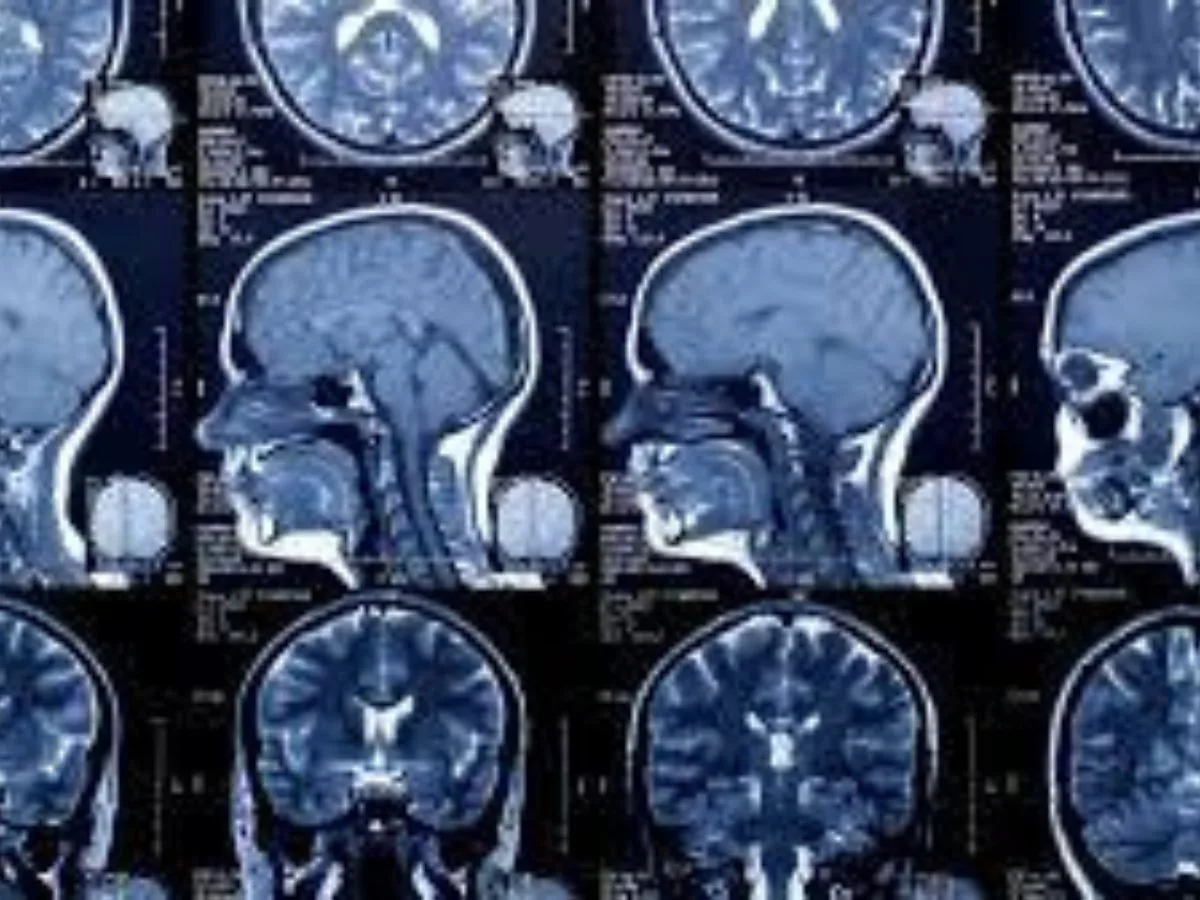Modi Lays Foundation Stone for Colleges as Atishi Highlights AAP’s Education Wins

The recent foundation-laying ceremony for three new colleges in Delhi by Prime Minister Narendra Modi has sparked a significant political discourse. Chief Minister Atishi has responded by highlighting the Aam Aadmi Party’s (AAP) substantial achievements in the education sector over the past decade, drawing a sharp contrast between the central and state government’s efforts in enhancing educational infrastructure and quality.
Key Highlights
PM Modi’s Foundation for New Colleges

On Friday, Prime Minister Narendra Modi laid the foundation stone for three projects under Delhi University:
- Veer Savarkar College in Roshanpura, Najafgarh.
- An academic block for West Campus in Dwarka.
- An academic block for East Campus in Surajmal Vihar.
During the event, PM Modi criticised the AAP government, alleging mismanagement in Delhi’s school education system and underutilisation of central funds allocated for educational development.
CM Atishi’s Rebuttal: 5 Major Achievements in Education

In a detailed response, Chief Minister Atishi outlined five significant milestones achieved by the AAP government in transforming Delhi’s education landscape:
- Establishment of Three New Universities:
- Delhi Skill and Entrepreneurship University: Focused on equipping students with industry-relevant skills and promoting entrepreneurial initiatives.
- Delhi Sports University: Aimed at nurturing athletic talent and providing world-class sports education.
- Delhi Teachers University: Dedicated to training educators with modern teaching methodologies to enhance the quality of education.
- Expansion of Higher Education Institutions:
- Addition of 27 new colleges under Guru Gobind Singh Indraprastha University (GGSIPU), broadening access to diverse academic programs.
- Development of six new campuses affiliated with existing universities, facilitating increased enrollment and specialized courses.
- Significant Increase in University Seats:
- The number of seats in Delhi government universities has risen from 83,600 in 2014 to 155,000 in 2024, effectively doubling opportunities for higher education.
- Enhanced Infrastructure and Learning Environment:
- Modernization of school facilities, including state-of-the-art classrooms, laboratories, and sports complexes, creating a conducive learning atmosphere.
- Implementation of advanced teacher training programs to improve instructional quality and student outcomes.
- Improved Employability of Graduates:
- Graduates from Delhi government institutions are securing competitive job offers, reflecting the effectiveness of the education reforms in aligning academic curricula with industry needs.
CM Atishi emphasised that these developments have been achieved through consistent investment and a commitment to prioritising education, with Delhi allocating approximately 25% of its budget to this sector—the highest proportion in the country.
Broader Implications: Education as a Political Battleground

The contrasting narratives between the central and Delhi state governments underscore a broader debate on educational priorities and governance. While the central government’s initiatives focus on expanding infrastructure through new college foundations, the AAP government highlights its comprehensive approach to overhauling the education system, emphasising quality, accessibility, and employability.
This discourse brings to light critical questions about the most effective strategies for educational development in India:
- Infrastructure vs. Quality: Is the construction of new institutions sufficient, or should there be a concurrent focus on improving existing facilities and teaching standards?
- Centralization vs. Localization: What is the optimal balance between central government initiatives and state-specific educational reforms tailored to local needs?
- Funding Utilization: How can allocated funds be effectively utilised to ensure tangible improvements in the education sector?
The exchange between Prime Minister Modi and Chief Minister Atishi highlights the complexities involved in educational reform and development. As both governments present their achievements and plans, the ultimate focus remains on providing quality education to students, preparing them for future challenges, and contributing to the nation’s progress.
The ongoing debate serves as a reminder of the critical importance of education in shaping India’s future and the need for collaborative efforts to address the multifaceted challenges within this sector.
The Hindustan Herald Is Your Source For The Latest In Business, Entertainment, Lifestyle, Breaking News, And Other News. Please Follow Us On Facebook, Instagram, Twitter, And LinkedIn To Receive Instantaneous Updates. Also Don’t Forget To Subscribe Our Telegram Channel @hindustanherald







